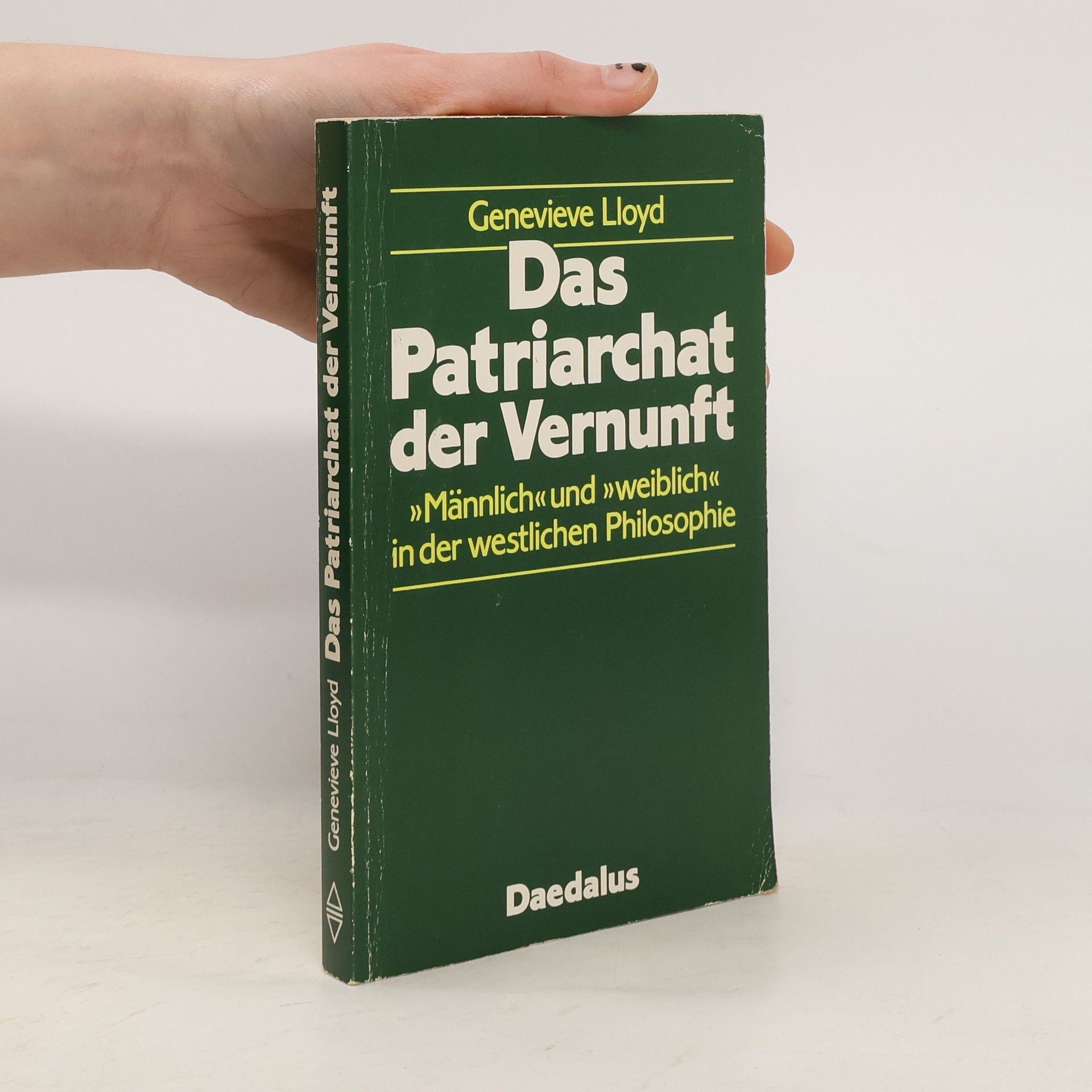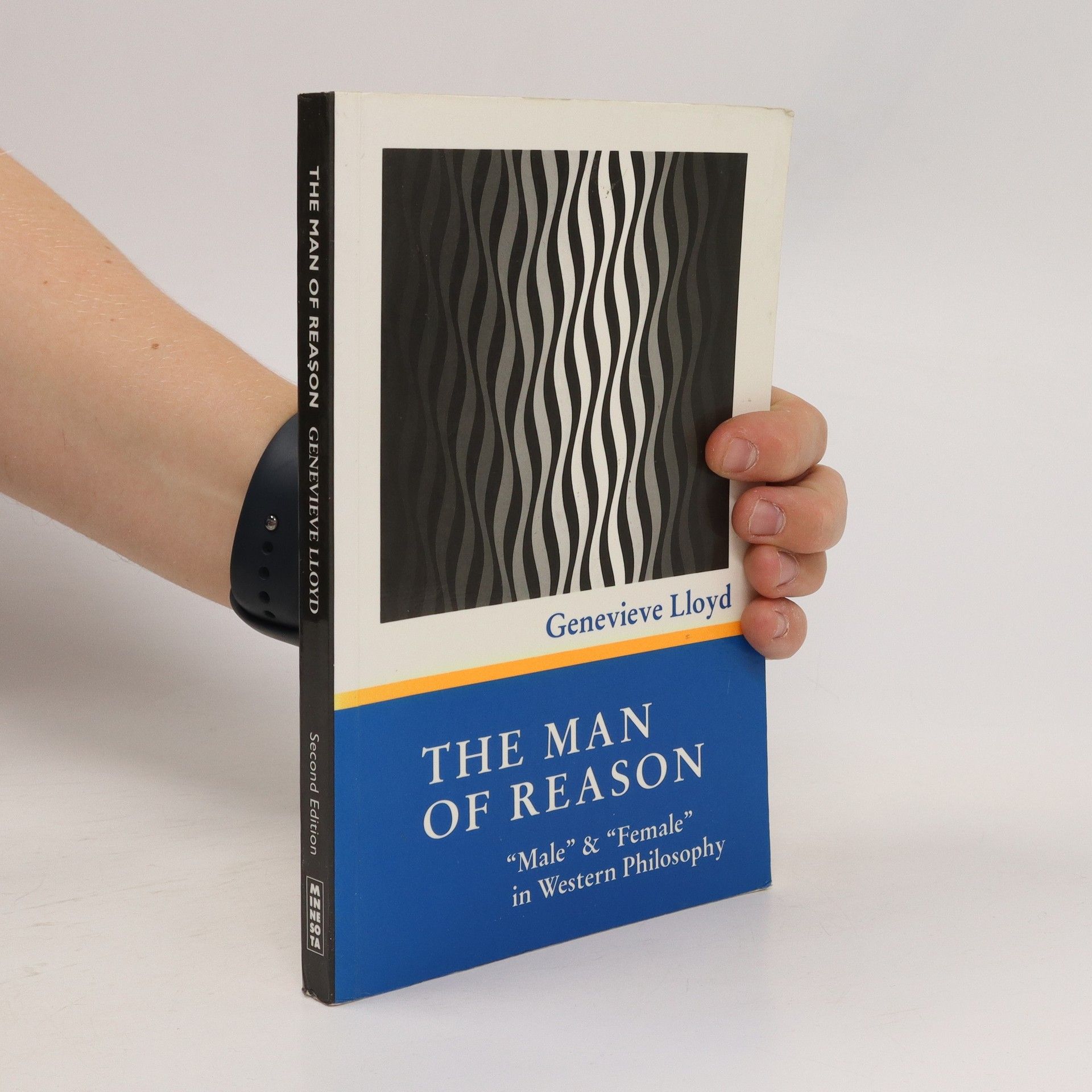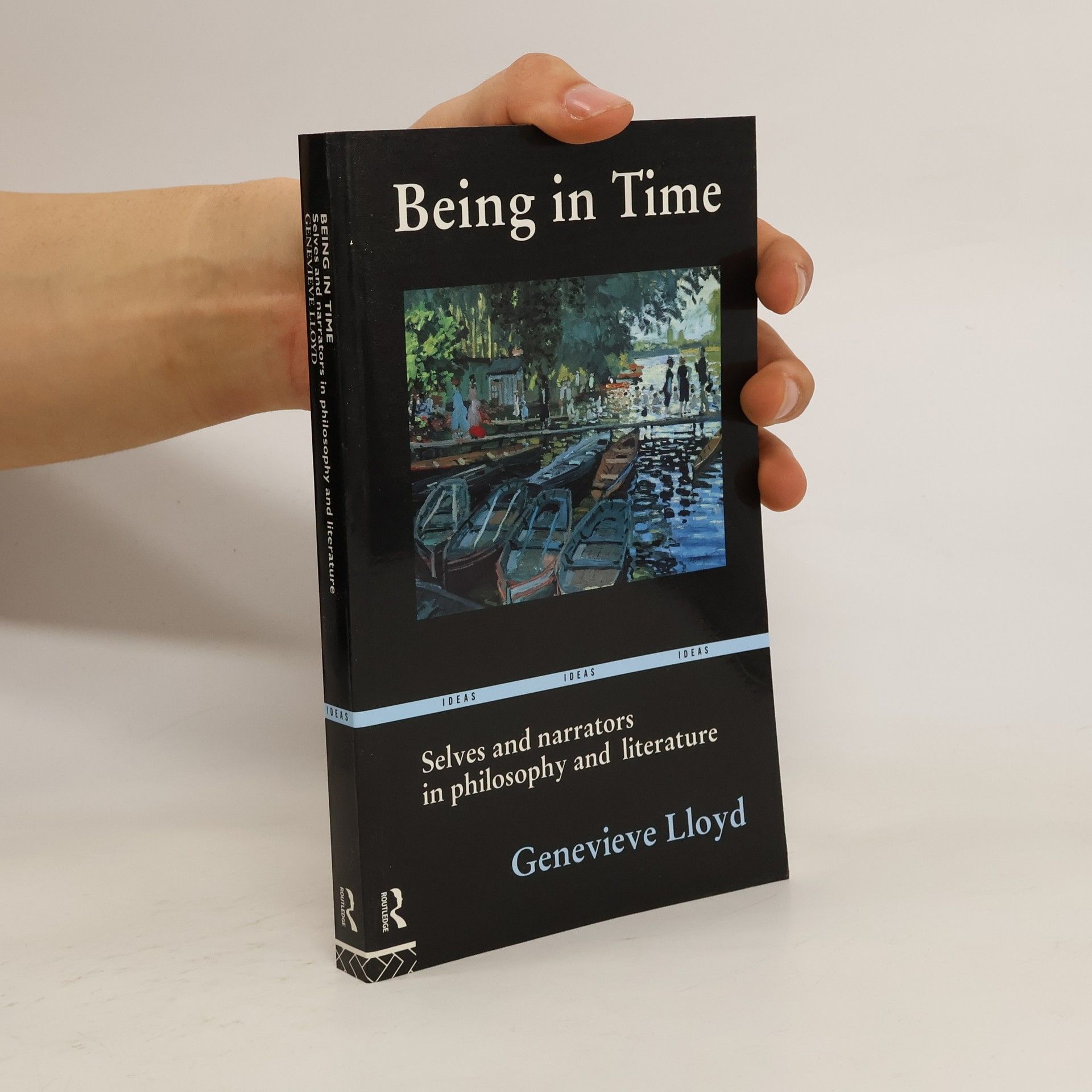Exploring the philosophy of Spinoza, this work presents innovative perspectives on freedom and difference. It engages with contemporary interpretations to challenge traditional notions and invites readers to rethink these fundamental concepts through a collective lens. The book aims to inspire fresh dialogues and insights into the complexities of human experience and social dynamics.
Genevieve Lloyd Books
Genevieve Lloyd is an Australian philosopher and feminist whose work delves deeply into the history of philosophy and the role of reason in modern thought. She examines how key philosophical concepts, particularly the notion of 'the man of reason,' have been historically constructed and how these concepts shape gender roles and societal structures. Her analyses uncover how patriarchal assumptions have permeated the very foundations of Western philosophy and how they can be challenged and reshaped for a more equitable future.





Genevieve Lloyd's book is a provocative and accessible essay on the fragmentation of the self as explored in philosophy and literature. The past is irrevocable, consciousness changes as time passes: given this, can there ever be such a thing as the unity of the self? Being in Time explores the emotional aspects of the human experience of time, commonly neglected in philosophical investigation, by looking at how narrative creates and treats the experience of the self as fragmented and the past as 'lost'. It shows the continuities, and the contrasts, between modern philosophic discussions of the instability of the knowing subject, treatments of the fragmentation of the self in the modern novel and older philosophical discussions of the unity of consciousness. Being in Time combines theoretical discussion with human experience: it will be valuable to anyone interested in the relationship between philosophy and literature, as well as to a more general audience of readers who share Augustine's experience of time as making him a 'problem to himself'.
This new edition of Genevieve Lloyd's classic study of the maleness of reason in philosophy contains a new introduction and bibliographical essay assessing the book's place in the explosion of writing and gender since 1984.
Reading Spinoza in the Anthropocene
- 208 pages
- 8 hours of reading
Engaging with contemporary debates on climate change, this work explores the relevance of Spinoza's philosophy in addressing environmental issues. It highlights how Spinoza's ideas can provide insights into our relationship with nature and the ethical implications of climate action. By integrating historical philosophical perspectives with modern challenges, the book offers a unique framework for understanding the complexities of environmental ethics and the interconnectedness of all beings.